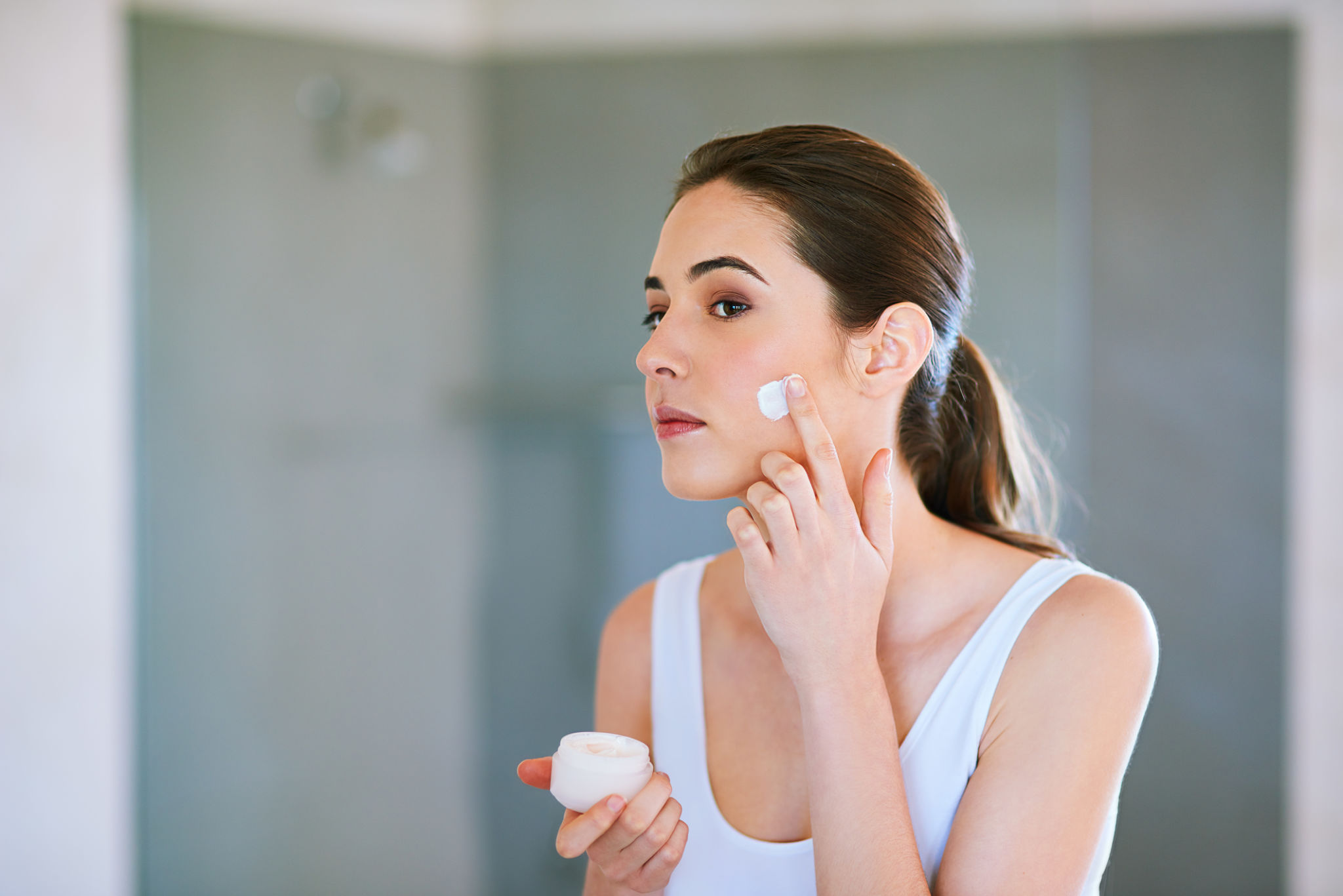Common Myths About Skin Whitening Debunked
Understanding Skin Whitening
Skin whitening, often referred to as skin lightening or brightening, is a practice that aims to lighten or even out skin tone. It is a subject surrounded by numerous myths and misconceptions. To make informed decisions about skincare, it's crucial to separate fact from fiction. Let's explore and debunk some of the most common myths associated with skin whitening.

Myth 1: Skin Whitening is the Same as Bleaching
A prevalent misconception is that skin whitening is synonymous with skin bleaching. While both aim to address pigmentation issues, their methods and goals differ. Skin bleaching typically involves harsh chemicals designed to strip away pigmentation, which can be damaging. In contrast, many skin whitening products focus on reducing melanin production gradually and gently, aiming for a more even skin tone without harmful effects.
Myth 2: Skin Whitening Products are Unsafe
The belief that all skin whitening products are harmful is another myth that needs addressing. While it's true that some products contain harmful ingredients like mercury or high-dose hydroquinone, many reputable brands offer safe alternatives. These products often use natural extracts such as kojic acid, vitamin C, and licorice root, which are known for their skin-brightening properties without adverse effects.

Myth 3: Skin Whitening Works Instantly
Many people expect quick results from skin whitening products, often driven by unrealistic advertising claims. However, achieving a noticeable difference takes time and consistency. Instant results are typically a sign of harsh chemicals at work, which can lead to long-term damage. Safe and effective whitening involves a gradual process that requires patience.
Myth 4: Only Dark Skin Needs Whitening
Another common myth is that skin whitening is only for those with darker skin tones. In reality, individuals of all skin tones seek treatments for various reasons, such as reducing sunspots, age spots, or hyperpigmentation caused by acne scars. The goal is not to change one’s natural skin color but to achieve a more uniform complexion.

Conclusion: Making Informed Choices
When considering skin whitening products, it is essential to research and choose those that prioritize safety and efficacy. Consulting a dermatologist can provide personalized advice based on your unique skin type and concerns. By debunking these myths, individuals can make better-informed decisions about their skincare routines.